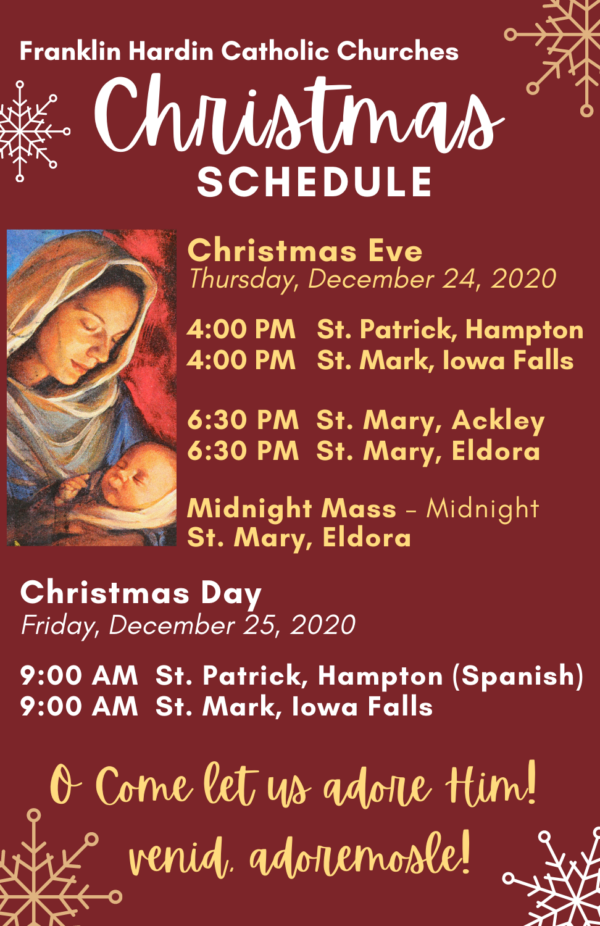To help us understand more fully the Church’s Teaching on Immigration, I drew upon an article by Barb Arland-Fye from the Davenport Diocese’s Paper, “The Catholic Messenger.” Here is compiled together the Church’s teaching on immigration as articulated by the U.S. Catholic Bishops and the Iowa Catholic Bishops
What is the Church’s Stance on Border Control ? The United States also has a responsibility to prevent individuals with a history of violent crime from entering the country, as their presence could undermine a community’s peace and security. The Church teaches that the protection of society is a legitimate concern of the state and measures to ensure this protection must be just and humane. (Forming Consciences for Faithful Citizenship, USCCB Pastoral Letter, Nov., 2023).
While, “The Church recognizes the right of a sovereign state to control its borders in furtherance of the common good, it also recognizes the right of human beings to migrate so that they can realize their God-given rights. While the sovereign state may impose reasonable limits on immigration, the common good is not served when the basic human rights of the individual are violated (Strangers Now Longer, 39, USCCB Pastoral Letter, Jan. 2003)
What do the US Bishops say about immigration reform? The U.S. Conference of Catholic Bishops (USCCB) has published a resourced called “Catholic Elements of Immigration Reform.” The Bishops say that safeguarding American Communities and upholding the rule of law are laudable goals. At the same time, a country’s rights to regulate its borders and enforce immigration laws must be balanced with its responsibilities to uphold the sanctity of human life, respect the God-given dignity of all persons and enact policies that further the common good. The USCCB document on immigration reform, grounded in Catholic social teaching, includes six elements according to the Iowa Catholic Conference newsletter (Jan. 23, 2025):
1)Enforcement efforts should be targeted, proportional, and humane
2)Humanitarian protections and due process should be ensured
3)Long-time residents should have an earned pathway to citizenship
4)Family Unity should remain a cornerstone in the U.S. System
5)Legal pathways should be expanded, reliable, and efficient.
6)The root causes of forced migration should be addressed
Why do immigrants enter our country? Many immigrants have been forced to leave their homes and countries seeking to provide the most basic needs of their families and themselves. Their desperate circumstances do not correspond to the inordinate length of time (sometime over 15 years) required to wait in line for the present system to process a vias request (Iowa Catholic Conference, public policy voice of Iowa’s Bishops)
What does the Church teach about welcoming immigrants? Catholics are called upon “to welcome the newcomers in their neighborhoods and schools, in their places of work and worship, with heartfelt hospitality, openness, and eagerness both to help and to learn from our brothers and sisters, of whatever race, religion, ethnicity, or background.” (Welcoming the Stranger: USCCB Pastoral Letter, Nov., 2000)
Peace,
-Fr. Kevin


